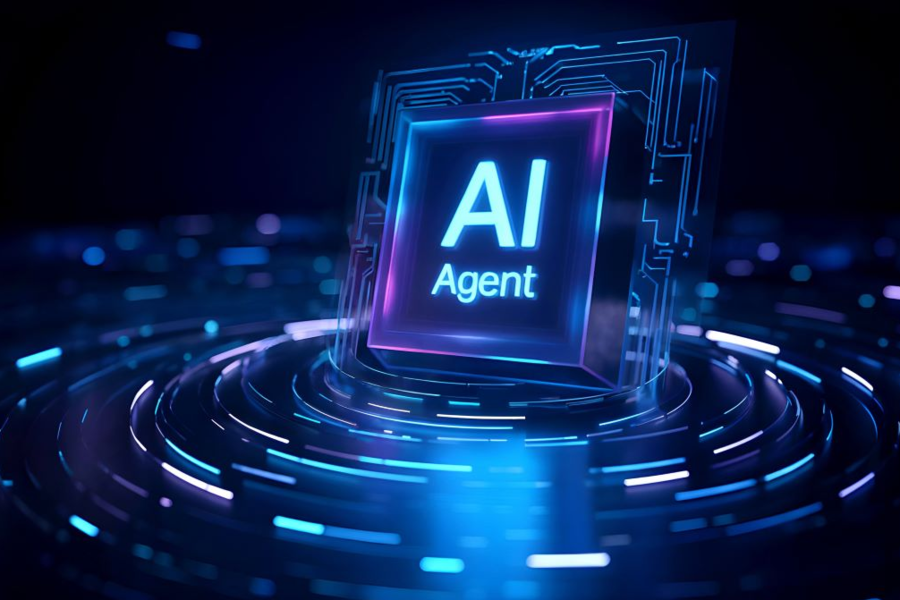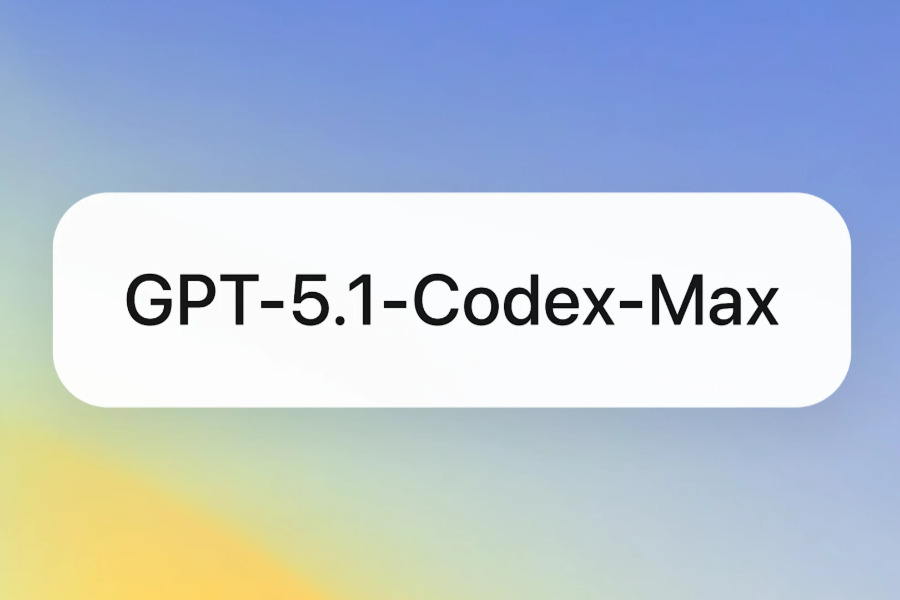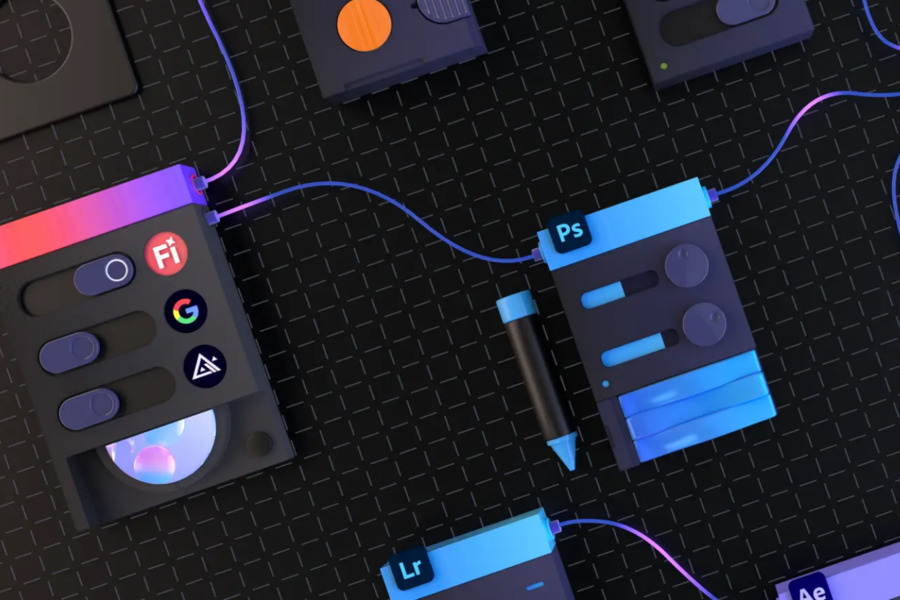A new open-source framework, DeepMCPAgent, has been officially released, offering a dynamic and plug-and-play solution for building production-ready AI agents powered by the Model Context Protocol (MCP) and LangChain. By seamlessly integrating with LangChain and LangGraph, the platform allows developers to create sophisticated AI agents with minimal effort.
A major advantage of DeepMCPAgent is its model-agnostic design, enabling users to incorporate any large language model (LLM) of their choice. This flexibility supports efficient integration and rapid deployment, making it easier for teams to transition from experimental prototypes to fully operational AI systems.
Below, we explore how this open-source initiative is set to transform the AI agent landscape by streamlining development and improving interoperability.
What is DeepMCPAgent
DeepMCPAgent is built around robust support for the Model Context Protocol (MCP), an open-standard protocol developed by Anthropic. MCP standardizes how applications supply tools and contextual information to language models. By utilizing HTTP and Server-Sent Events (SSE) for dynamic tool discovery, the framework removes the need to hard-code tools—a traditionally time-consuming aspect of agent development.
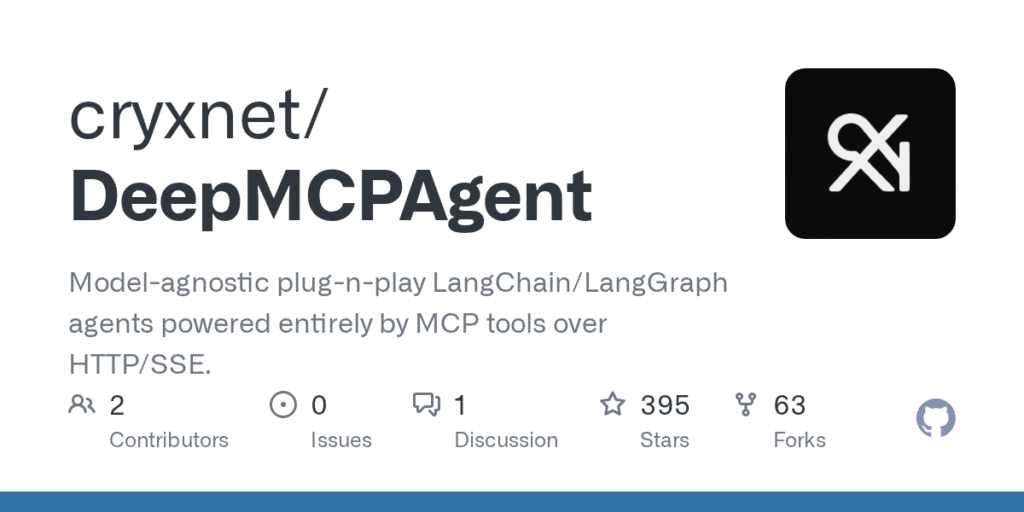
With DeepMCPAgent, developers can connect to any MCP-compliant server to automatically fetch JSON-Schema tool definitions. These are converted into type-safe LangChain tools, eliminating manual configuration. This “zero manual wiring” approach allows smooth integration with multiple tool servers.
When installed with the optional deep module, the system employs an advanced agent loop capable of handling intricate, multi-step tasks. Without it, the framework defaults to a standard LangGraph ReAct agent, ensuring consistent performance across use cases. This design is particularly useful for dynamic environments such as multi-agent collaboration and real-time API interactions.
Key Technical Features and Integration
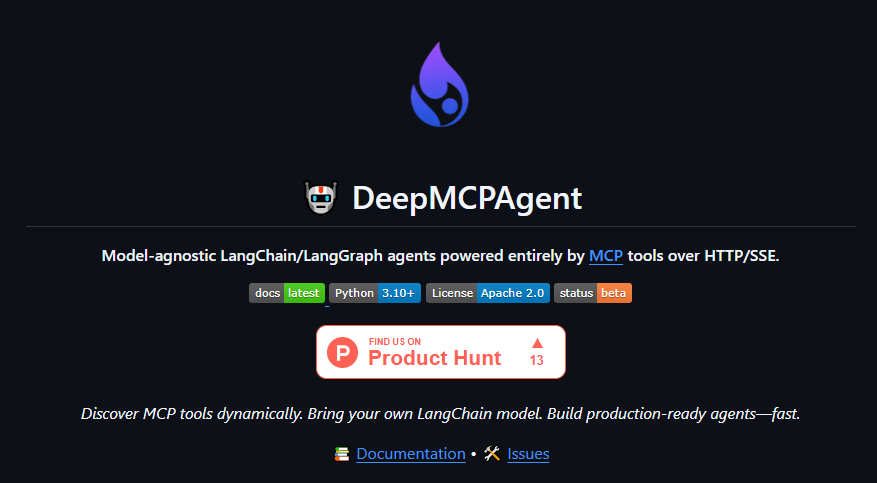
One of the most notable technical achievements of DeepMCPAgent is its seamless compatibility with the LangChain and LangGraph ecosystems. LangGraph offers low-level control for building stateful, multi-step agents, and DeepMCPAgent extends this through its langchain-mcp-adapters library. This allows the system to interface with hundreds of existing MCP servers, dramatically expanding the range of available tools and data sources.
The framework supports all major LLM providers, including OpenAI, Anthropic, Ollama, and Groq. Users can specify their model via a provider string or supply a custom LangChain LLM instance for greater flexibility.
Type safety is central to DeepMCPAgent’s architecture. JSON-Schema specifications are validated using Pydantic and converted into LangChain BaseTool objects, ensuring that tool calls are both efficient and error-resistant. The system also supports external API integrations with configurable headers and authentication mechanisms.
Performance and Real-World Applications of DeepMCPAgent
Early adopters report substantial improvements in flexibility and scalability when using DeepMCPAgent. Community feedback on social media and developer forums highlights successful use cases including multi-agent chatbots, research assistants, and semantic document retrieval systems.
For instance, users can combine DeepMCPAgent with LangGraph’s supervisory architecture to manage specialized sub-agents—such as for content generation, data validation, or web scraping. Local integration with Ollama further boosts performance for offline and low-latency applications.
Within the open-source ecosystem, DeepMCPAgent complements existing tools like LangChain’s native MCP adapters. It reduces the need for repetitive manual coding and supports streaming over HTTP, which allows agent tools to be used instantly in popular development environments including VS Code and Claude Desktop.
Conclusion on DeepMCPAgent
The introduction of DeepMCPAgent represents a milestone in the adoption of the MCP standard within the AI community. The project’s GitHub repository has already attracted significant engagement, and the framework supports end-to-end workflows—from local testing to cloud deployment.
By using LangGraph Platform’s MCP endpoint capabilities, teams can reuse agents as tools, improving collaboration and iteration speed. This not only simplifies the development of AI agents but also reinforces the LangChain ecosystem amid growing competition.
As the MCP server network continues to expand, DeepMCPAgent is well-positioned to support increasingly complex multi-modal and multi-agent workflows. In doing so, it helps democratize AI development, bridging the gap between experimental research and real-world applications.
Interested readers can learn more by visiting the DeepMCPAgent GitHub repository and official documentation.
Read More: Google Introduces EmbeddingGemma
